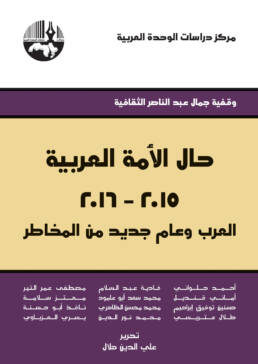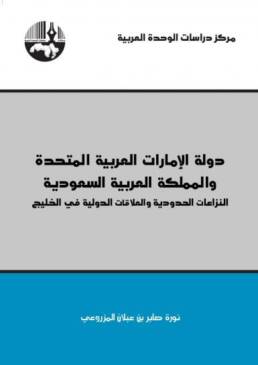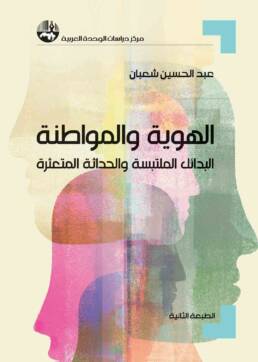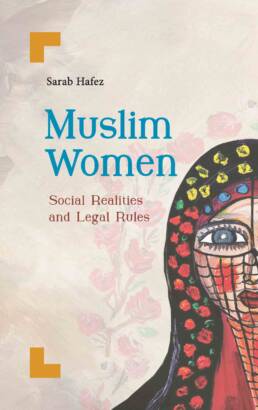You May Also Like
The State of the Arab Nation, 2015-2016: The Arabs and a New Year of Dangers
Price range: 8 $ through 13 $
The UAE and Saudi Arabia: Border Disputes and International Relations in the Gulf
Price range: 10 $ through 16 $
Iraq after the Invasion: From Fragmentation to Rebirth and Reintegration
Price range: 7 $ through 11 $
Identity and Citizenship: The Ambiguous Alternatives and the Hampered Modernization
Price range: 6 $ through 10 $
Muslim Women: Social Realities and Legal Rules
Price range: 9 $ through 14 $
Democracy in International Law between Legitimacy and Power
Price range: 6 $ through 10 $








